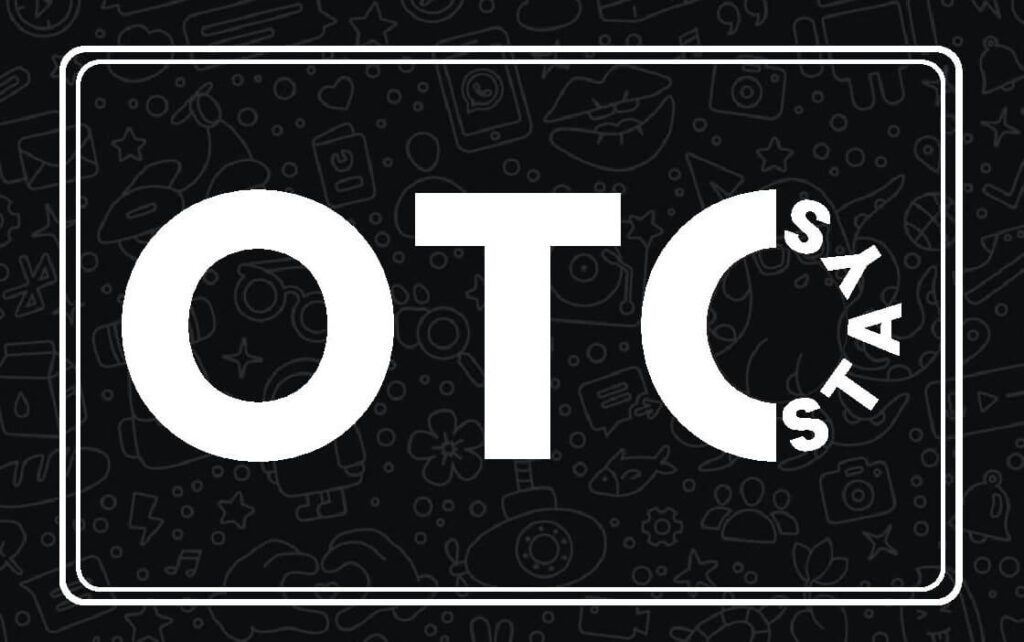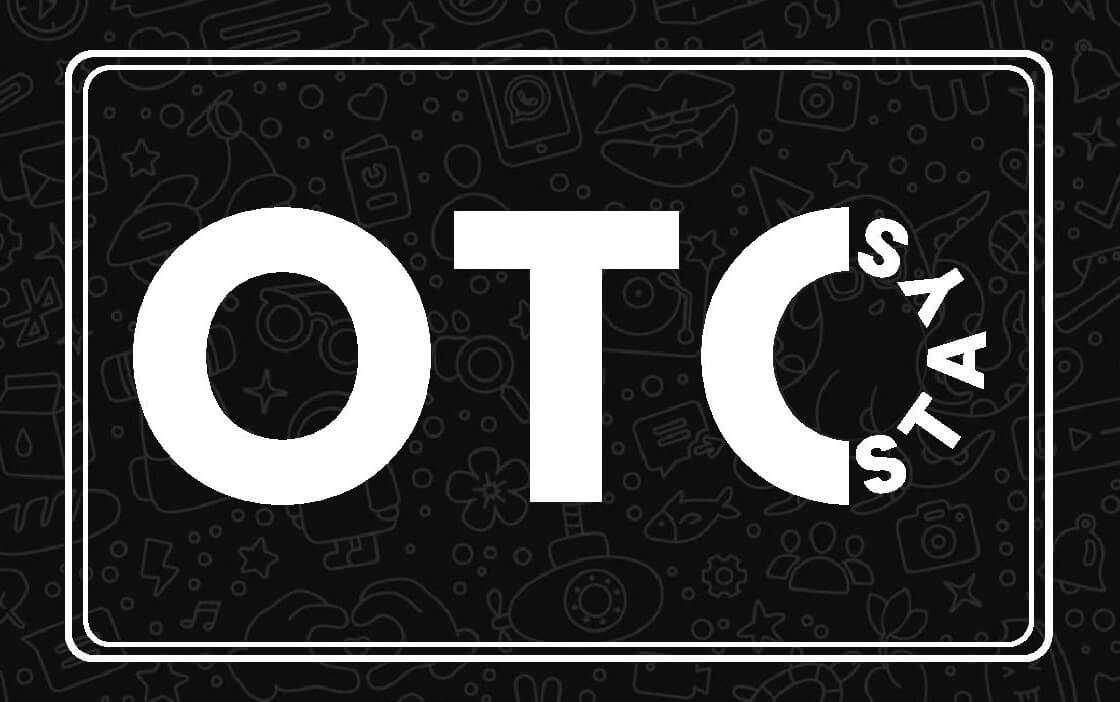
Five Things You’ve Never Learned About Adhd Symptoms Test
Symptoms of ADHD in Adults in the UK
It is recommended to seek treatment for those who live in the UK and you suffer from ADHD symptoms. There are plenty of options to think about. Some of the treatment options are behavioural treatments, which involve taking steps to change your behavior to alleviate symptoms of ADHD. Other options include cognitive therapy and medication.
 Inattention
Inattention
Inattention is a symptom of attention-deficit/hyperactivity disorder (ADHD). It is a neurobehavioral disorder that affects children and adults. It is one of the most common forms of ADHD.
People suffering from ADHD are usually unfocused and have difficulty in focusing, remembering, or time perception. This could make it difficult for those with inattentive ADHD to complete school or work relationships. Some people may also have difficulty conveying their emotions.
Signs of inattention include frequent and frequent forgetfulness. In the event of repeated forgetfulness, it can lead to missing critical tasks, such as appointments with adults or the job.
Children with inattention ADHD are often unable to complete their daily activities and also listen to their teachers. They may lose valuable items such as school supplies or textbooks.
Adults suffering from ADHD may be able to improve their self-regulation. For example, establishing regular schedules and setting specific times for tasks can help. Exercise can also improve mood. Stress can be lessened by eating a varied diet.
Adults with ADHD may have difficulty paying their bills on time. It can be difficult to remember to pay your bills, keep track and complete your paperwork.
Inattention is characterised by constant forgetfulness, trouble focusing, and a tendency to be distracted. Inattention ADHD patients often lose their belongings, struggle with completing their tasks, and fidget with the feet or hands.
It is recommended that you consult your doctor If you suspect ADHD in yourself or someone you are in love with. Treatment can reduce or eliminate certain symptoms. Your doctor will conduct an exam to determine if you suffer from ADHD and rule other causes out. ADHD treatment options include medication, psychotherapy and the combination of both.
Hyperactivity
adult female adhd symptoms is characterised by persistent symptoms such as hyperactivity and inattention. These symptoms can limit the ability of a person to function in school, work, and social settings. However, there are many other mental health issues that can cause similar symptoms.
The diagnosis is often determined by a medical history. Your primary care physician may refer you to an expert in mental health. They will assess your mood and symptoms, your medical history and other issues.
To make the correct diagnosis, it’s necessary to conduct a thorough evaluation. Consult your physician in case you think you might be suffering from ADHD. In many instances, ADHD can be controlled through lifestyle changes.
A ADHD diagnosis is the first step in the treatment process. Your doctor may suggest medication or refer you to a mental health professional. Treatment could include speech and occupational therapy, and parenting and family training. The first line of treatment. Non-stimulant medicines are also an alternative.
ADHD symptoms are typically associated with other mental health problems like depression, anxiety and substance abuse depression. These other conditions could be caused by ADHD in some instances. ADHD symptoms are typically less apparent in adults. regardless of gender or age it is essential to be aware of any signs or symptoms you may be experiencing.
There are a myriad of treatment options for ADHD. However, you must decide which one is best for you. Nonstimulant medication, stimulant medications or a combination can be used to treat ADHD. You may benefit from group therapy, or other counseling depending on the severity of your condition.
There are numerous clinical trials conducted by the National Institute of Mental Health (NIMH). You can find out more about these trials on their website.
Impulsivity
ADHD can lead to impulsivity. The impulsiveness of people with ADHD can cause problems in their work and daily lives. They may be late for important tasks, lose their personal items, or fail to finish tasks they started. They could also be impatient and not catch up on social cues.
Impulsivity is one of three major diagnostic symptom domains in attention-deficit/hyperactivity disorder (ADHD). These symptoms can also be connected to addiction to substances, anxiety and chronic stress.
However the official list of symptoms doesn’t cover the full range of difficulties faced by people who suffer from ADHD. This is a concern because it’s easy to overlook impulsive behaviors that don’t actually impair someone’s ability to accomplish a task.
ADHD’s multifaceted presentation is one of its most fascinating aspects. There are three main types of presentation: inattentive, hyperactive-impulsive, and a combination of the two.
ADHD is well-known for its frequent symptoms, ewlu.art which include impulse control. It affects both young and old. It can be forgiven but it can be a hassle. It can disrupt conversations or disrupt games. Impulsiveness can also be a factor when driving. The presence of a plan can help harness one’s passions.
If you’re a parent of a child with ADHD You’re probably aware how difficult it is to manage the disorder. It’s not the only one. There are many resources for support information, tips, and information online. Several websites offer videos on ADHD.
Impulsivity is among ADHD’s most challenging aspects. It can cause a lot of issues. It can have a negative impact on your relationships with people based on how impulsive or an impulsive person you are. In addition, impulsive behavior could be dangerous and could cause issues with your general security.
Dysregulation of the emotional system
Emotional dysregulation can be one of the most difficult symptoms to treat. It can make your daily life difficult. It is believed that the disorder could affect about 1 in 3 children and adults with ADHD.
Symptoms of emotional dysregulation can include mood swings, angry outbursts and meltdowns. It can also result in feelings of unease about emotions, and a fear of them. This can cause an improvement in your quality of life when it is coupled with other behavioral issues.
Sometimes, ED can be a indicator or a indicator of other mental health issues like anxiety or depression. Studies have also demonstrated that playing a musical instrument can boost emotional regulation in those with ADHD.
ADHD can make it difficult to manage emotions. Removing yourself from stressful situations and a drink of water can help relax. Another option is to listen to your favorite songs. It’s unlikely to change your mood for the whole day, but music can help you get your mind off of negative thoughts.
Emotion regulation involves unconscious and conscious processes that control the intensity and the dynamics of emotion. These processes include latency, magnitude, and offset responses. In times of emotional dysregulation the amygdala is overactive, resulting in anger, impulsive behavior, and hypersensitivity. This leads to disruption of the prefrontal cortex that is responsible for regulation of emotion.
Many recent models have described the underlying neurobiological mechanisms supporting emotion regulation. These models suggest that the regulation of emotions is a major factor in ADHD development.
Studies have demonstrated that ADHD symptoms can be predicted by emotional dysregulation. This can be seen even after four weeks of medication. Masi and colleagues found that emotional dysregulation predicted higher symptom levels at follow-up.
There are many treatment options
There are very few treatments available for ADHD in the UK for adults. This is due to a lack awareness in primary treatment. Additionally there are significant limitations in the delivery of services. Numerous studies have demonstrated that delays in implementing effective treatment can increase costs for public health and lower economic productivity.
In 2008 the National Institute for Health and Care Excellence published guidelines for adults ADHD diagnosis and treatment. The guidelines recommend that patients undergo a formal assessment by certified experts. Joint management is advised. For more complicated cases a referral to a generic mental health professional is recommended.
NICE has also suggested that the education of primary care physicians be improved. This is especially crucial for ADHD patients, who are more likely to be diagnosed with comorbidities. However, this can pose a problem. This could make it difficult for patients to access diagnostic assessments.
Long waiting times are a major problem in the treatment of ADHD adults. The length of time it takes for an assessment to be completed has been emphasized by both local and national media. This is particularly applicable to patients who are not diagnosed and whose resources are limited.
A discussion group was convened at the Royal College of Physicians in London to explore the current role of primary care in the management of people suffering from ADHD. The group was attended by experts from a range of healthcare fields. Participants included psychologists, psychiatrists, and other professionals specialising in ADHD.
The discussion was primarily focused on of identifying future innovation opportunities. Participants were asked to share their views during the meeting. The work styles of professionals were also discussed.
